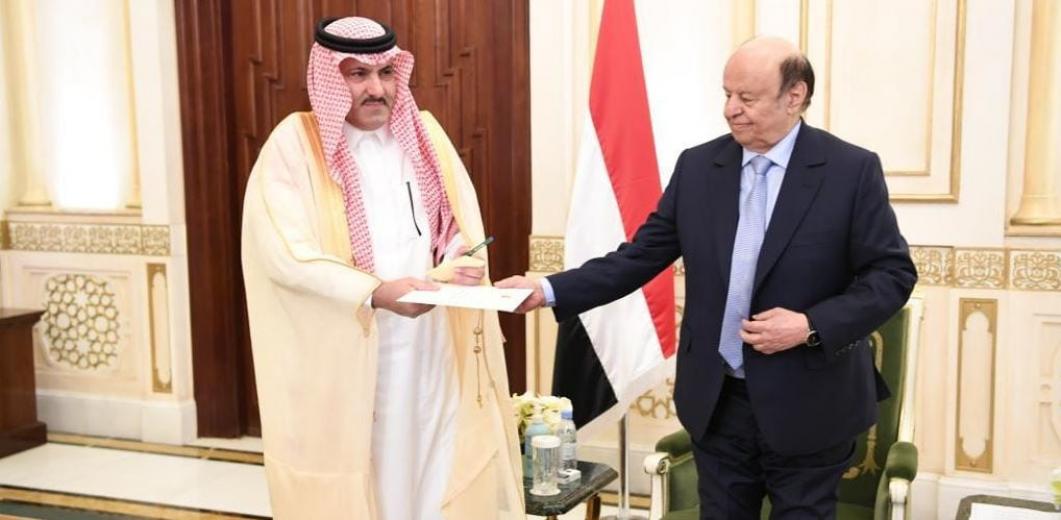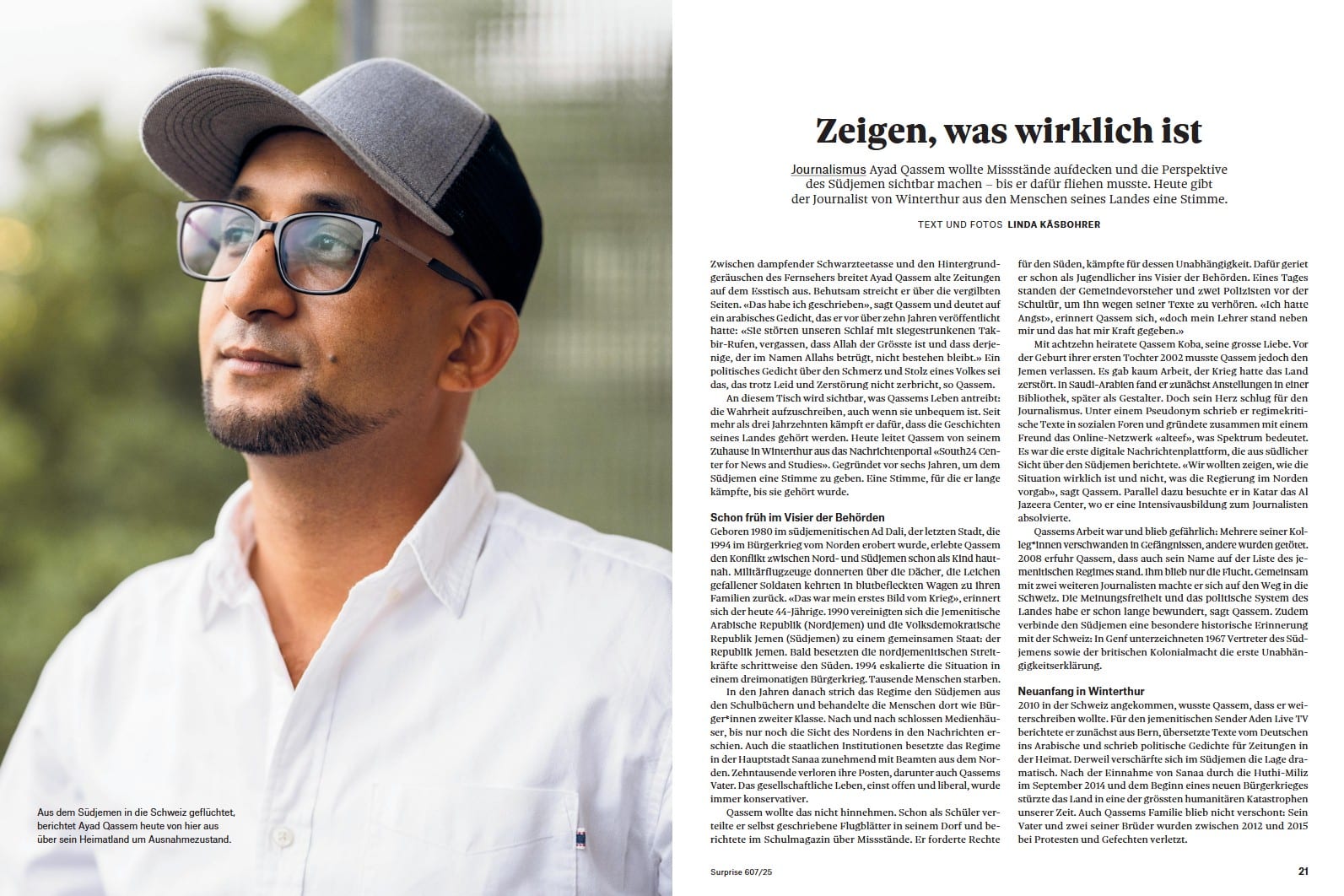
آخر تحديث في: 07-12-2021 الساعة 7 مساءً بتوقيت عدن
Aden (South24)
On Monday, Yemeni President Abdrabbuh Mansur Hadi issued decisions appointing a new administration for the Central Bank of Yemen and changing the previous administration which is facing accusations of corruption and failure.
The decisions stipulated the appointment of Ahmed Al-Maabiqi as the bank governor, instead of Ahmed Al-Fadhli, and Mohammad Banaja as his deputy, instead of Shakib Hubeishi.
Another presidential decision mandated the Central Organization for Control and Auditing to review the work of the Central Bank.
The European Union and Britain's ambassador to Yemen welcomed the move, "within the urgently needed economic and financial reforms." (1)
Hadi’s decisions came hours after a meeting of the STC Presidency in Aden, in which it called on Saudi Arabia to “pressure to correct the work mechanisms of the Central Bank, and to choose an honest leadership for it.” (2)
The STC Presidency demanded that the parity government headed by Maeen Abdulmalik to name those who obstruct the work of the government and "push the situation towards the abyss."
The Presidency stressed the need for the Saudi-led Coalition to interfere in Yemen to compel the internationally recognized government to assume its duties and provide urgent support to halt the collapse of the local currency.
Political sources told "South24" that the decision to appoint a new administration for the Central Bank was made by consensus between the STC leadership and the Yemeni presidency.
The STC commended Hadi's decisions and the official STC Spokesperson Ali Al-Kathiri, stated that these decisions "were made in agreement between the STC and the Yemeni Presidency."
Al-Kathiri pointed out that the STC "sought to change the board of directors of the Central Bank in a way that consolidates economic stability and halt the currency collapse."
The Yemeni currency witnessed its largest historical collapse in recent periods, and the value of the riyal fell to 1750 riyals per US dollar, while the value of the dollar did not exceed 612 in December 2019.
The economic collapse in the governorates of South Yemen was tragically reflected in prices, especially the prices of basic goods which rose by more than 300%.
The rise in prices and the deterioration of the living situation caused the explosion of popular anger in the Southern governorates over the past months, which resulted in angry popular demonstrations in Aden and Mukalla, the major Southern cities.
Decision's impact
Regarding the Yemeni president’s decisions on the central bank, the economic expert Majed Al-Da'ari told “South24” that these decisions “must be followed by international financial support or a rescue deposit to re-build the bank's reserves.”
Al-Da'ari said that these decisions "are generally good and were compelled under the influence of the currency collapse disaster and popular pressure," but he considered them "too late after the economic crisis escalated."
Al-Da'ari stressed the importance of the "timing of the expected funds for the Central Bank, to catch up with the continuous improvement of the currency exchange."
In addition, Mustafa Nasr, the Director of the Center for Studies and Economic Media, considered, in response to South24's questions, that the "most important step of appointing the new administration is to support it to succeed in curbing the currency collapse and changing the monetary policy."
Mustafa pointed out that "in light of the failure to resume the export of oil and gas with a high operational capacity, the improvement of revenue streams, and the delivery of salaries to the armed sector through the bank, it will be difficult to achieve steps forward."
Mustafa agreed with Al-Da'ari on the importance of providing external support to the Central Bank "in light of the paralysis in many economic sectors."
Saudi deposit
Economic sources suggested to “South24” that the decisions to appoint a new administration for the Central Bank will pave the way for an expected deposit to be provided by Saudi Arabia.
On December 5, Yemeni President Hadi, who is residing in Riyadh, handed the Saudi ambassador, Mohammad Al-Jaber, a letter to the Saudi Crown Prince, Mohammad bin Salman, related to the difficult economic conditions Yemen is going through, according to Saba news agency. (3)
Saudi Arabia had made a previous deposit of $2 billion, in March 2018. UN reports showed corruption operations involving prominent Yemeni government officials and well-known commercial groups.
It is likely that the prerequisites set by the Saudi leadership on the Yemeni presidency to change the management of the Central Bank of Yemen before any new deposit, contributed to the issuance of recent decisions, in addition to the pressure of the STC and the popular protests.
South24 Center for News and Studies
Photo: Yemeni President Hadi hands the Saudi ambassador a letter to the Saudi Crown Prince, December 5, 2021 (official)

قبل 3 أشهر

قبل 3 أشهر